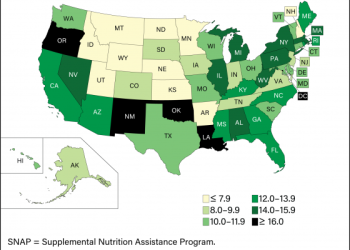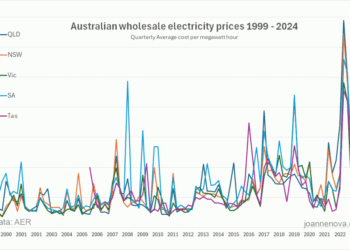Three environmental groups have formally petitioned NOAA to revoke its prior marine mammal harassment authorizations citing new science that harassment can be deadly. The specific target of the petition is the Empire Wind project, but the grounds given clearly apply to all offshore wind development.
The Petition includes a number of recent studies as attachments and links to these are included in the press release (PR) here.
Central to this action is the pioneering work of Professor Apostolos Gerasoulis that I reported on a year ago here.
Gerasoulis is now president of Save the East Coast Inc. which is one of the three petitioning groups. Here is his succinct summary from the PR:
“Our petition provides robust scientific evidence demonstrating that offshore wind activities —notably seismic sonar surveys and pile-driving — pose significant and immediate threats to endangered marine mammals, especially the endangered North Atlantic right whale and protected humpback whales.”
For each offshore wind project, NOAA authorizes the harassment of thousands of protected marine mammals, harassment that is otherwise illegal under the Marine Mammal Protection Act. The big Dominion project off Virginia is authorized to harass almost 60,000 critters.
NOAA takes the position that all this harassment is harmless, but the new science says otherwise. Gerasoulis presented his findings to NOAA last December, but they chose to ignore him. Now the confrontation is official.
In cases of willful neglect like this, a petition is required before the agency can be sued for ignoring the issue, if that is what happens. In colorful lawyer speak it is called “exhausting your administrative remedies.” This gives petitions great weight, so time will tell.
The other two groups are Protect Our Coast–Long Island and Green Oceans. The Petition calls for the immediate revocation of NOAA’s Empire Wind Letter of Authorization (LOA), which currently permits harm to a long list of marine mammals during the construction of the Empire Wind industrial offshore wind facility in the NY/NJ Bight.
Here is how the three groups put it:
“This Petition calls on NOAA to abrogate Empire Wind’s LOA due to substantial evidence that the permitted taking will have more than a ‘negligible’ impact on marine mammals, especially the critically endangered North Atlantic right whale. In fact, the contemporaneous pile driving of multiple projects from Virginia to New England is placing the NARW at imminent risk of devolving closer toward extinction. These takes are not merely behavioral disruption; the impact includes injury and death.”
Thanks to the new science, they are able to cite specific numbers that help quantify the threat to whales and other marine mammals. Here are three examples:
“Six concurrent offshore wind projects within critical whale migration routes threaten approximately 43% of the critically endangered NARW population annually. Over five years of construction, the cumulative impact could potentially affect up to 76% of the population, clearly violating the Marine Mammal Protection Act (MMPA).”
“NOAA continues to utilize an outdated acoustic harassment threshold of 160 dB, ignoring modern research advocating a significantly lower and safer threshold of 120 dB. Independent acoustic studies by Rand Acoustics recorded sonar noise levels up to 226 dB near OSW survey vessels, substantially exceeding safe limits, thus posing severe risks of permanent auditory and physiological harm.”
“Research indicates pile-driving noise is approximately 3.2 times more harmful to whales than sonar surveys, dramatically increasing risks of permanent auditory injuries and fatalities.”
With this Petition, the issue of NOAA ignoring the threat to whales from offshore wind takes on a new level of scientific seriousness. How will NOAA respond? Stay tuned to CFACT to see how this deadly issue plays out. Save the whales from offshore wind.
The post NOAA petitioned to stop offshore wind killing whales was first published by the Committee For A Constructive Tomorrow (CFACT), and is republished here with permission. Please support their efforts.





















